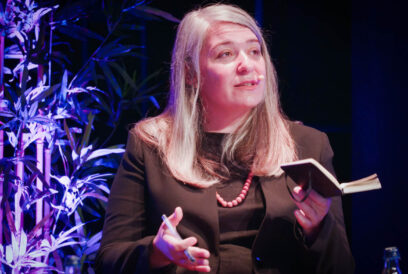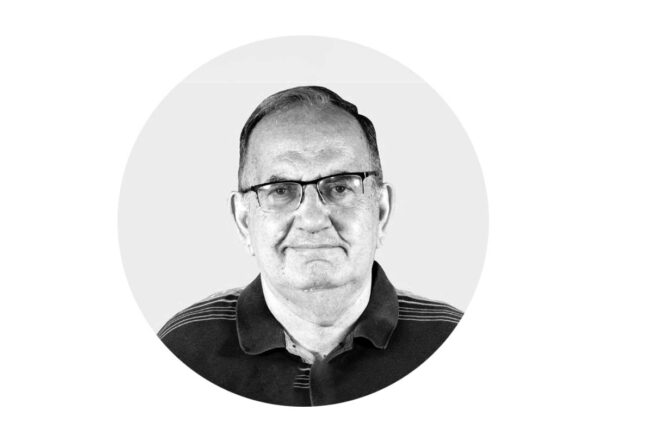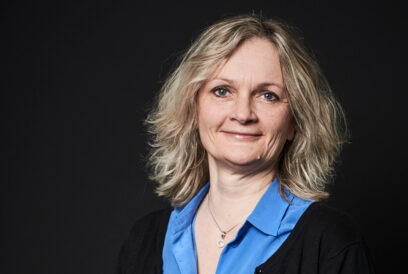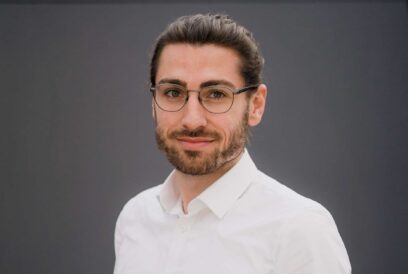
Paulo Freire’s notions on reflection, genuine dialogue and critical thinking are still relevant today, writes Peter Mayo in his column published in the Speakers' Corner series.
The celebrations regarding Paulo Freire’s birth centenary have been brought to a close with a number of journal special issues, webcasts and events celebrated at local and international levels.
Arguably education’s greatest celebrity figure, together with John Dewey, still serves as a fount of inspiration to many.
The notions that Freire foregrounded are much needed today. Reflection and criticality are the greatest casualties in a period of mass bombardment of fake news and examples of learned ignorance and historical amnesia.
All these are in the interest of denying alternatives to the present neoliberal juggernaut.
FREIRE PROVIDES AN ANTIDOTE to the current right wing populist discourse that blames different kinds of oppressed people for systemic ills exacerbated by capitalism that thrives on exploitation. Migrants from South to North are among the greatest victims, the new wretched of the earth, in Frantz Fanon‘s terms.
Freire, for his part, foregrounds praxis in the old Aristotelian sense of stopping and taking critical distance from the present to see it in a different light. This entails spotting the contradictions and, with others and through genuine dialogue, dreaming of alternatives rooted in people’s existential situations.
Freire is not the only one to call for this and he will not be the last. His is one of the most powerful voices in this regard.
For Freire, all knowledge is there to be problematised and not romanticised
For Freire, listening and dialogue are a means of learning from others. It is the approach which can make us appreciative of the different epistemological sources available and realise how, in many ways, some of these epistemologies have been stolen and repackaged, without due acknowledgement of their origins.
There is a sense of manufactured ignorance regarding the origins of ideas – origins of things attributed to the West when in actual fact they lie elsewhere. This is a process of what Boaventura de Sousa Santos calls cognitive injustice.
FREIRE LENDS RESPECT and dignity to the viewpoints of the meek who inherit the earth seeing their reading of reality as the existential basis of their education.
He helps move beyond that into critical thinking, separating the wheat from the chaff.
For Freire, all knowledge is there to be problematised and not romanticised.
Theory is the result of reflections and research on the world of action. It too needs to be looked at critically in a process of praxis. It is part of that reflective element that is such an important component of praxis.
FREIRE IS ALSO HELPFUL in enabling us to see things relationally, and dialectically.
There are relations between things. There can be no oppressed without oppressor and vice versa. The object is not to replace one with the other – a mere changing of the guards – but to end the contradiction itself.
This is the healthy utopian vision that governs Freire’s pedagogical politics.
The relationship augured is one which sees us as an integral part of and not standing apart from Nature. As relational beings, we live in relation to not only other humans but to the rest of the cosmos.
Freire writes of unity in diversity which I would personally modify to read as harmony in biodiversity.
Author







